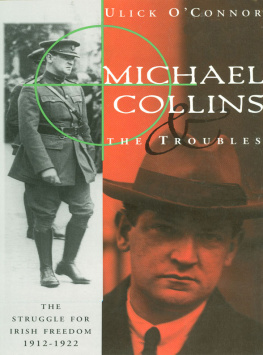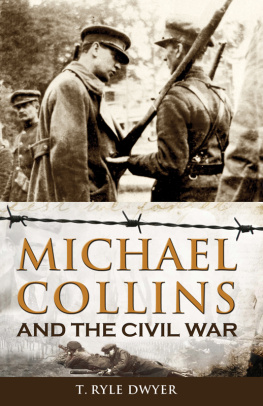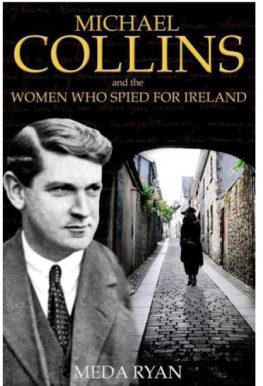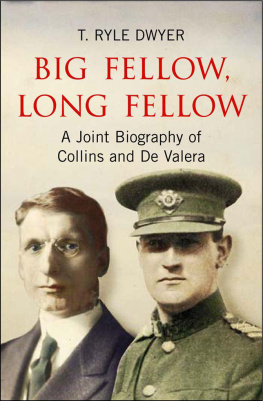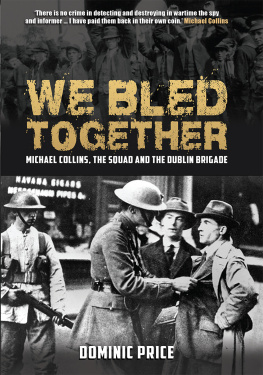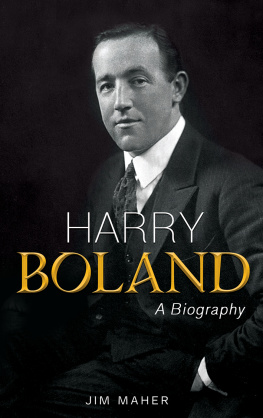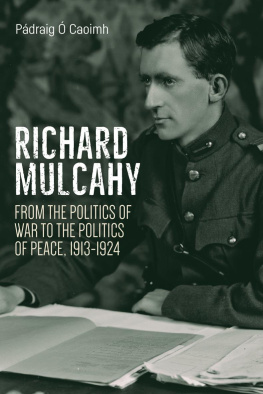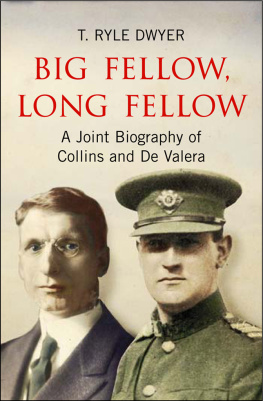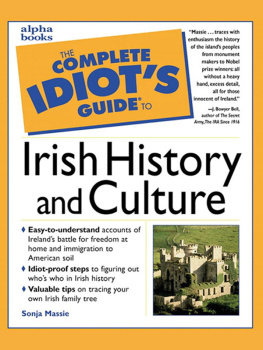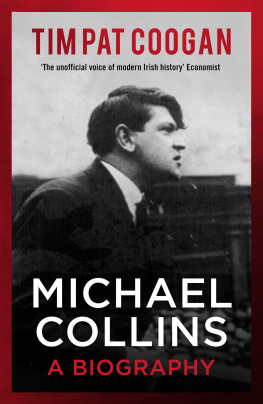Contents
Ulick OConnor is a biographer, poet and playwright. His biographies include Oliver St John Gogarty, Brendan Behan and the much praised Celtic Dawn: A Portrait of the Irish Literary Renaissance. As a poet he is best known for his verse plays in the Noh form which were first produced in the Abbey in 1977 and later at the Dublin Theatre Festival in 1979, going into an off-Broadway production in 1981.
His play Execution broke attendance records when produced at the Abbey in 1985 while three years later A Trinity of Two, which dealt with Edward Carson and Oscar Wilde, had a similar success. His one-man play on James Joyce, Joyicity, acted by Vincent ONeill, premired at the Abbey and later had an extended run off-Broadway.
His translation of Baudelaires Les Fleurs du Mal was published to critical claim in 1995 and was described by Time magazine as fine, fluid and with restrained cadences of tenderness and elegant imagery.
Ulick OConnor was a member of the Board of Directors of the Abbey Theatre, Dublin from 1981 to 1985 and continues as a shareholder.
Also by Ulick OConnor
Biography
Brendan Behan
Oliver St John Gogarty
Celtic Dawn: A Portrait of the Irish Literary Renaissance
Biographers and the Art of Biography
Poems and Plays
Lifestyles
All Things Counter
One is Animate
Poems of the Damned: Translations from Baudelaire
Three Noh Plays
Execution
Other Books
Irish Tales and Sagas
A Critic at Large
The Campbell Companion (with memoir)
The Yeats Companion (with memoir)
Sport is My Lifeline
The Troubles (Ireland 191222)
Brian Friel: Crisis and Commitment

Copyright 1996, 1989, 1975 by Ulick OConnor
First published as a Norton paperback 1996
First American edition published as The Troubles
All rights reserved
Printed in the United States of America
ISBN 978-0-393-34718-0 (e-book)
W. W. Norton & Company, Inc., 500 Fifth Avenue, New York, N.Y. 10110
W. W. Norton & Company Ltd., 10 Coptic Street, London WC1A 1PU
www.wwnorton.com
I should like to thank Bill Cullen and Renault Distributors, Ireland for their generous sponsorship. I am most grateful to Professor Risteard Mulcahy who gave me access to the very extensive archive of his father, General Mulcahy.
I would like to thank my editor Katie Green of Mandarin for the skill and care with which she brought this revised edition through a number of difficult phases.
Gerry OFlaherty kept a cold but constant eye on the proofs and sternly erased any dubious attribution or ambiguous phrase.
I was particularly fortunate to have the assistance of Nicola Carter as researcher. Her energy, flair and passion for history were of the greatest value in achieving a final manuscript.
To Barbara Dunne, Eve Mooney, Lynn Kemp, Fiona Larkan and Lesley Farrell, I am grateful for meticulous work in typing the revised manuscript.
Derek Mooney kindly made available to me material which he had collected concerning Dick McKee. The late Monk Gibbon also gave invaluable assistance. I am grateful to the following (some of whom are deceased) and would like to acknowledge the help they gave me: Mr Justice Donal Barrington; Tom Barry; Colonel Eamonn Broy; Ernest Blythe; Austin Clarke; Niall Connolly; W. T. Cosgrave; Major-General M. J. Costello; Professor Joseph Crystal; Joe Dolan; John Dowling; Professor Ambrose Farrelly; Michael McEvilly; Colonel Mat Feehan; Finglas Community Centre; Eileen Fitt; Dr Patrick Henchy; Eileen Hickey; Irish State Paper Office; Sean Kavanagh; Dr John Kelly, Seamus Leahy, Leeds University; Martin Lavan, Brighton, Michigan U.S.A.; Kilmainham Jail Committee; Dr Patrick Macartan; Sean McBride; Kevin Nolan; General Richard Mulcahy; John OBrien; the ODonovan family, Rathgar; Sean OMahony; Albert Rutherford; Dr Oliver Snoddy; Seamus Sorohan S.C.; Bill Stapleton; Major-General Joe Sweeney; Senator Trevor West; David Fitzgerald, La Touche Hotel.
Brendan Behan, Laughing Boy poem from Brendan Behans Island (Boston: Little, Brown & Company, 1985), originally published by Hutchinson in 1952 is reproduced here by kind permission of the Tessa Sayle Agency. The selections from W. B. Yeats, Come Gather Round Me, Parnellites, and The ORahilly, are reprinted with the permission of Simon & Schuster from The Poems of W. B. Yeats: A New Edition, edited by Richard J. Finneran. Copyright 1940 by Georgie Yeats; Copyright renewed 1968 by Bertha Georgie Yeats, Michael Butler Yeats, and Anne Yeats. The selections from Nineteen Hundred Nineteen are reprinted with the permission of Simon & Schuster from The Poems of W. B. Yeats: A New Edition, edited by Richard J. Finneran. Copyright 1928 by Macmillan Publishing Company; Copyright renewed 1956 by Georgie Yeats. W. B. Yeats, letter to Lord Haldane (October 1918) from The Collected Letters of W. B. Yeats, edited by John Kelly is reproduced by kind permission of Oxford University Press.
Illustrations 1b, 6a, 11b, 14a, 23a, 23b, 24 were reproduced by kind permission of the Hulton Gerry Picture Collection; 2, 3a, 12, 14b, 17 by kind permission of the National Museum of Ireland; 7, 8, 9, 11a, 20, 21 by kind permission of Kilmainham Gaol and Museum; la, 13b, 15a, Picture Research-Ireland; 3b, 10 by kind permission of F. Czira; 5 by kind permission of the Irish Congress of Trade Unions; 15b by kind permission of Michael Collins Powell; 16 by kind permission of Joe Derham; 18b by kind permission of The Minister for Defence; 4, 19 by kind permission of John Cashman; 22 by kind permission of Dr. Risteard Mulcahy.
As a boy I could never understand why my father, a courteous man, could be abrupt with policemen. When confronted by the Garda Siochana he became terse. His voice snapped. If he had been driving his car, and they wished him goodbye he just grunted. He often observed that if you noticed something peculiar in a mans eye, if he wouldnt look straight at you, it would nearly always turn out he was the son of a policeman. Boys sense quickly incongruities of this sort, and I remained puzzled about it for a long time. One day my aunt gave me a hint of what might have been the cause of it. She talked to me of her grandfather, who had been Member of Parliament for East Galway, and of the policemen who stood each morning at the gate of his small estate in the West of Ireland. As he left to go into town, the policemen would take their loaded carbines down off their knees, get up on their dog cart and follow my great-grandfather into town. The reason was that, though he was then a Member of the British Parliament, he had been a revolutionary and had fought in both the Risings of 1848 and 1867. He had been one of the three members of the Supreme Council of the Fenians, the revolutionary group which organized the 67 Rising. For these reasons for the rest of his life he would be subjected to supervision by the British Secret Service. When he went to the United States, detectives followed him on board the liner at Cobh. They stayed with him throughout the voyage and opened his mail at his hotel in New York. Later when he went to Stockholm or Paris they followed him and sent back their weekly reports.
Some time ago, I went to the State Papers Office in Dublin Castle and asked to see the file on my great-grandfather. His name was Matthew Harris and he had been well known in Dublin Castle, the centre of the British administration in Ireland. When the British moved out of the southern part of Ireland in 1922 many of their secret service files were taken over by the new Government.

